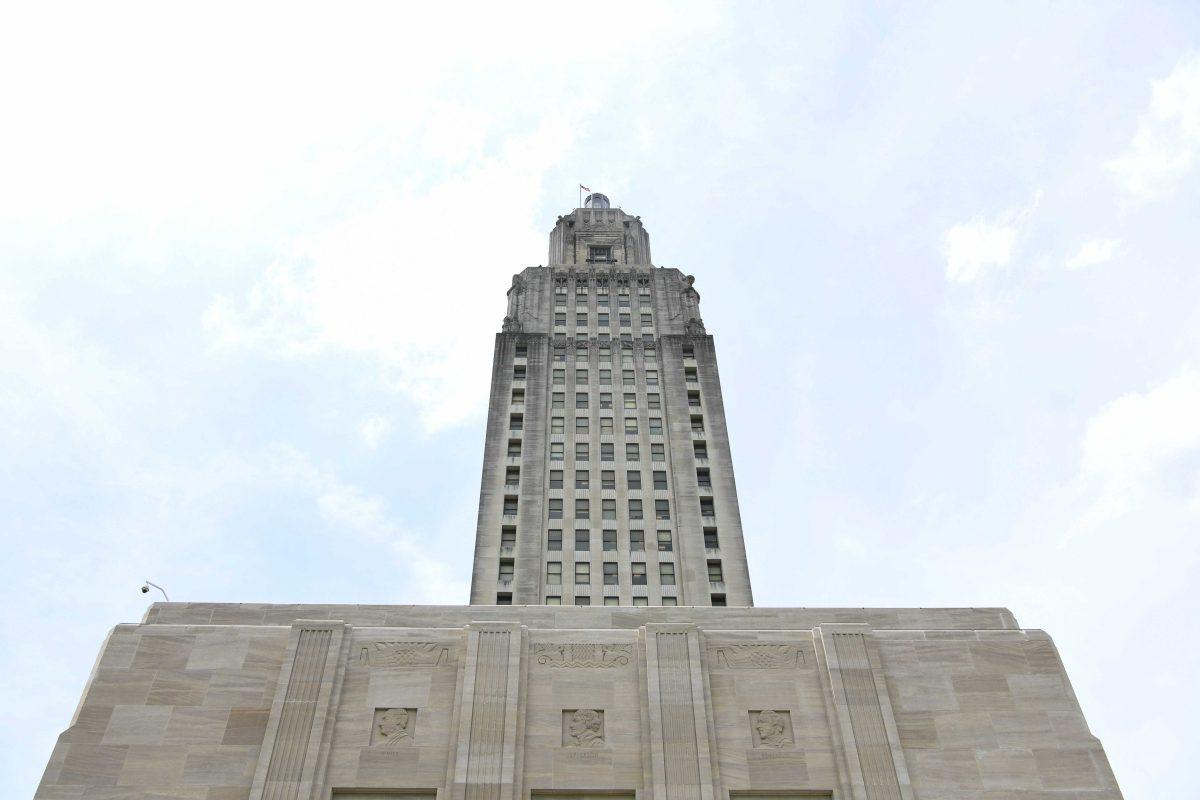BATON ROUGE, La. — The House Education Committee voted 7-4 Tuesday to reject a bill to ban sexual orientation and gender identity discussions in classrooms for kindergarten through eighth grade students.
The bill, House Bill 837, was criticized for its vague wording and for making it difficult to teach subjects in Louisiana’s new social studies standards, such as LGBTQ+ individuals who were targeted during the Holocaust.
“I think it is too broad and leaves a lot of room for interpretation,” Rep. Aimee Adatto Freeman, D-New Orleans, said.
All four Democrats on the committee and three Republican representatives voted against the bill.
Opponents referred to the bill as a more extreme version of Florida’s “Don’t Say Gay” bill, as the Louisiana one would have covered a broader age range of students and banned teachers from discussing their sexual or gender identities with students.
“No teacher, school employee, or other presenter shall discuss his own sexual orientation or gender identity with students in kindergarten through grade twelve,” according to the bill, which was sponsored by Rep. Dodie Horton, R-Haughton.
Horton has rejected the “Don’t Say Gay” label and the notion that her bill was exclusionary and anti-LGBTQ+.
“It’s not prejudice to one group or another,” Horton said in an interview with KSLA-TV in Shreveport.
The lack of discussion about sexuality and gender appeared to be a contributing factor in the bill’s rejection Tuesday. When Rep. Patrick Jefferson, D-Homer, asked Horton if students would be allowed to address faculty as “Mr.” or “Ms.,” Horton said that her bill had nothing to do with such titles. This was met with laughter from the committee’s audience.
Lawmakers in other states have proposed bills that would limit all classroom instruction and discussion related to sexual orientation and gender identity.
The controversy over this type of legislation has mostly revolved around Florida, but lawmakers in other Republican-led states, including Alabama, Ohio and South Carolina, also have introduced restrictive bills to prevent gender and sexuality instruction.
“These issues do seem to animate Republican voters for whatever reason, and legislators think they’re following the will of their voters,” said Peter Robins-Brown, the executive director of Louisiana Progress, a progressive organization.
While the Louisiana bill did not make it to the House floor, in Florida, Republican Gov. Ron DeSantis signed into law the Parental Rights in Education act, better known as the “Don’t Say Gay” bill. Part of the bill prohibits classroom instruction about sexual orientation and gender identity for kindergarten through third grade classes.
DeSantis cited parents’ rights and protecting children as his main motivations for enacting the law.
“Parents’ rights have been increasingly under assault around the nation, but in Florida we stand up for the rights of parents,” DeSantis said in a press release. “Parents have every right to be informed about services offered to their child at school and should be protected from schools using classroom instruction to sexualize their kids as young as 5 years old.”
Like DeSantis, Horton said that it is important to protect students from inappropriate information such as teachers’ lifestyle preferences.
“Certain teachers use classroom instructional time to share their personal sexual orientation or gender identity preferences with our most vulnerable citizens, our children,” Horton told the House Education Committee. “Unfortunately, in the last probably five years, you just see a trend of certain educators … interjecting their own lifestyle choices.”
In Florida, teachers are already expressing concern over how DeSantis’ legislation will change their classrooms starting in July.
“I can no longer teach kids to be inclusive and accepting of one another,” Melody Bass, a teacher at Cedar Grove Elementary School in Panama City, said in an interview. “I wish that the people writing and passing these laws were actually in the classroom and had exposure to the students that they think they know.”
Bill to ban discussion of sexuality in public schools rejected in committee
May 4, 2022
The Louisiana State Capitol stands tall Wednesday, April 20, 2022, in Baton Rouge, La.






